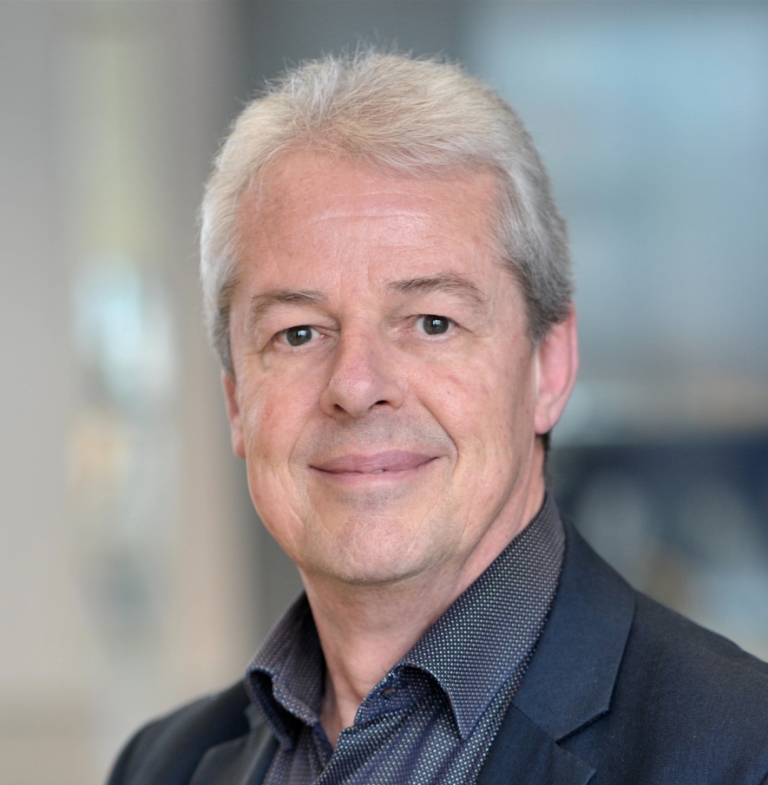
|
|
|
WelcomeUpdate: 20 September 2022
In April 2023 (3-7 April 2023), the Spring School will be held in a hybrid mode The link to this new edition of the Spring School can be found here
Update: 19 September 2020 In April 2021 (6-9 April 2021), the Spring School has been held in a fully virtual fashion with the same program as the cancelled 2020-edition
Update: 13 MARCH 2020 DUE TO THE STRICT RULES OF THE MINISTERY OF HIGHER EDUCATION, THE SPRING SCHOOL IS CANCELLED
2020 Spring School on Data-driven Model Learning of Dynamic Systems Dates: Tuesday 14 April 2020 (14:00) - Friday 17 April (end of the afternoon) The Spring School consists of a four-days PhD course on data-based modeling (system identification) covering both the fundamentals and more advanced topics. After two editions held in Nancy in 2017 and in 2018 and one already in Ecully in 2019, the fourth edition of the Spring School on Data-driven Model Learning of Dynamic Systems will be held at the Ecole Centrale de Lyon in the third week of April 2020 (April 14 - April 17, 2020). The campus of the Ecole Centrale de Lyon is located in Ecully, a town in the direct neighbourhood of Lyon. Like in the previous editions, the 2020-edition will welcome an international guest lecturer.
INVITED GUEST LECTURER FOR THE 2020-EDITION Prof. Paul Van den Hof, TU Eindhoven, The Netherlands presenting a course entitled Dynamic network identification
Abstract of the course: In many areas of science and technology, the complexity of dynamic systems that are being considered, grows beyond the level of single systems into interconnected networks of dynamic systems. In control and optimization this has led to the development of decentralized and distributed algorithms for control/optimization, as e.g. in multi-agent systems. From the modelling perspective, data-driven modelling tools are typically developed for relatively simple open-loop and closed-loop structures, while the opportunities for big data handling in the current data science era, are becoming abundant. As a result there is a strong need for the development of data-driven modelling tools for large-scale interconnected dynamic networks. In this course we will highlight the main developments and challenges in this area. Besides setting up a modelling framework, we will address problems of local identification of a particular part of the network, including the selection of the appropriate signals to be measured. The concept of network identifiability is highlighted and the role of structural properties of the network, in terms of its topology/graph, is given strong attention. It is also shown how classical closed-loop identification methods need to be generalized to be able to cope with the new situations. Biography of the guest lecturer: Paul Van den Hof received the M.Sc. and Ph.D. degrees in electrical engineering from Eindhoven University of Technology, Eindhoven, The Netherlands, in 1982 and 1989, respectively. In 1986 he moved to Delft University of Technology, where he was appointed as Full Professor in1999. From 2003 to 2011, he was founding co-director of the Delft Center for Systems and Control (DCSC). As of 2011, he is a Full Professor in the Electrical Engineering Department, Eindhoven University of Technology. His research interests include system identification, identification for control, and model-based control and optimization, with applications in industrial process control systems, including petroleum reservoir engineering systems, and high-tech systems. He holds an ERC Advanced Research grant for a research project on identification in dynamic networks. Paul Van den Hof is an IFAC Fellow and IEEE Fellow, and Honorary Member of the Hungarian Academy of Sciences. He has been a member of the IFAC Council (1999–2005, 2017–2020), the Board of Governors of IEEE Control Systems Society (2003–2005), and an Associate Editor and Editor of Automatica (1992–2005). In the triennium 2017–2020, he is Vice-President of IFAC.
|
| Online user: 8 | Privacy |

|

